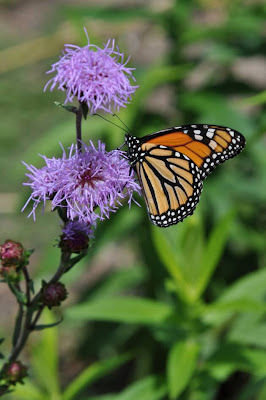
Food is the second medicine.
We are spiritual beings having a physical experience. When our feelings are hurt or we’re down we might say our spirits are low. When we feel great we say we’re in high spirits. Our feelings are one reflection or dimension of our spirit that our bodies can easily perceive.
Our bodies’ condition can affect our feelings and spirit.
Hormones, wounds, illness, health, touch and sensuality, all of these physical realities in our bodies interact with our spirits to help us feel emotions. Water and food provide our bodies with the energy to continue hosting our spirits. It’s common knowledge that our bodies absorb the physical qualities of the food we eat when we digest it and strip it of usable nutrients. What would happen if folks everywhere started to recognize that the spiritual qualities of the food we eat are absorbed and used by our spirits?
Have you ever heard someone say that
Love is the most important ingredient
in their cooking? More then one professional chef has told me this and though I love to cook, I’m not a chef. By trade I’m a landscaper and composter. In my experience, the same ingredient that good chefs pour into every dish in order to bring flavor to life is also the most important tool we have for growing healthy food. Love guides any holistically healthy growing operation. Love of people, love of Earth, and love of life are a few of the tools that growers can use everyday in their pursuit of health.
Some folks understand the concept of voting with a dollar. The idea is that when we spend money on something we are effectively voting to have more of that thing be produced. By spending our money we are also asking to have more of the spirit or emotional energy that surrounds the production of the items we purchase be created in the world. This all comes home to our personal feelings and spirits when we ask ourselves a couple of sometimes hard to answer questions:
Do I know where my food came from? Do I feel good about the place that my food came from?
Do I feel like my food is full of healthy living nutrients, or is it possibly tainted with poisonous pesticides? When we look at food from this angle we see that from the moment we purchase food, it begins having an emotional impact on our own spiritual health and the health of the planet, an impact that we are in control of by the power of our choice.
When we honor ourselves we feel better. We honor ourselves when we give ourselves those things that are holistically good for us. We are fully connected in every way to this planet, the condition of the planet’s living systems guide the condition of humanity.
To honor our environment is to honor ourselves.
Our ancestors made our lives possible and our descendants will only know life if we leave the world in functioning condition for them. I’ve heard it said that we did not inherit this world from our elders, instead we borrowed it from our children.
Prayers can come true if you live them.
If I pray for a healthy environment then I need to work for and make choices that promote health in the environment. By this way of living I am empowered to work for a miracle, I like that because life on this planet seems like it needs a miracle right now.
Water is the first medicine and food is the second.
What is good for us is also good for our home planet. Clean water and healthy organically grown food have the power to heal our wounded environments, bodies, and spirits.












